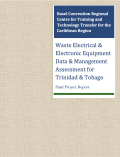
This report documents the outcomes of a rapid assessment on the waste electrical and electronic equipment (WEEE) waste stream in the Caribbean island nation.
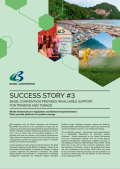
This case study focuses on the compliance with the Basel, Rotterdam and Stockholm convention in Small Island Developing States through the help of regional centres.
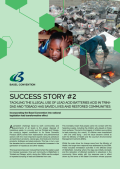
Dumping of lead-acid batteries from cars in Trinidad and Tobago has resulted in children being exposed to lead poisoning. Responding to the situation, the government enacted national legislation, as called for in the Basel Convention, to minimize their generation and ensure their environmentally sound management.
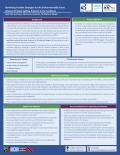
This case study provides insight into creating effective manuals for environmentally sound management of mercury waste in Small Island Developing States.

This case study discusses the effects of mercury in the Caribbean and gives recommendations to decreasing the negative impact.
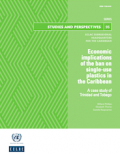
The study presents an economic analysis of the possible impacts of policy to limit the use of single-use plastics in selected economies of the Caribbean. The study focuses on the economy of Trinidad and Tobago as case analysis and examines the role of single-use plastics in production and distribution in selected value chains and estimates related cost margins in order to assess the potential for substitution of alternatives to single-use plastics.
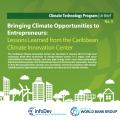
The Climate Technology Program Brief: Bringing Climate Opportunities to Entrepreneurs - Lessons Learned from the Caribbean Climate Innovation Center draws lessons from the center’s operation, focusing on how the idea generation sessions were essential to seed local companies with climate related business opportunities and introduce new ideas to local climate markets.
